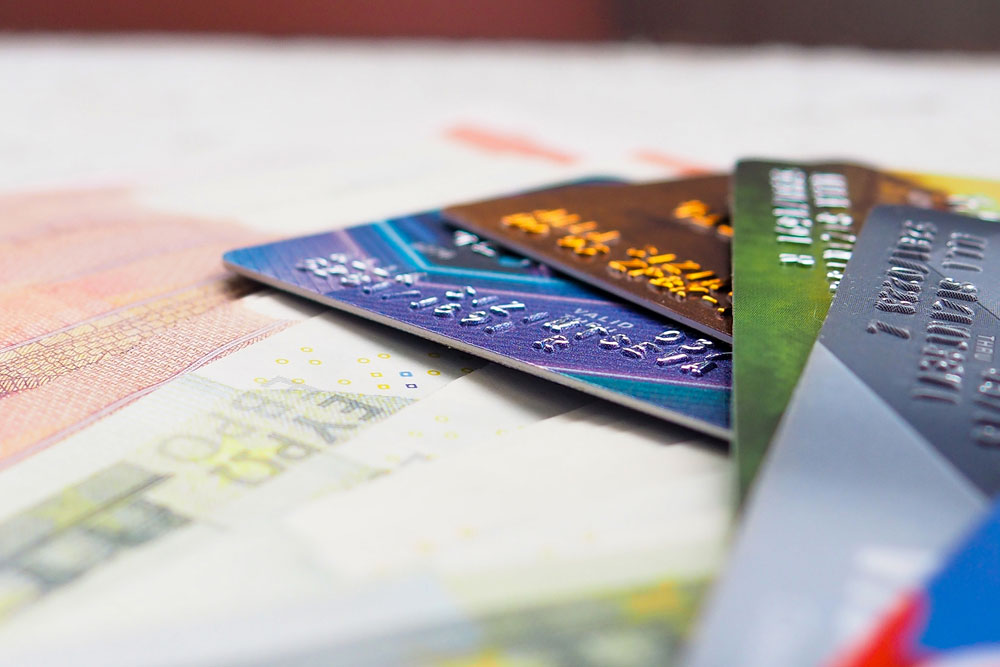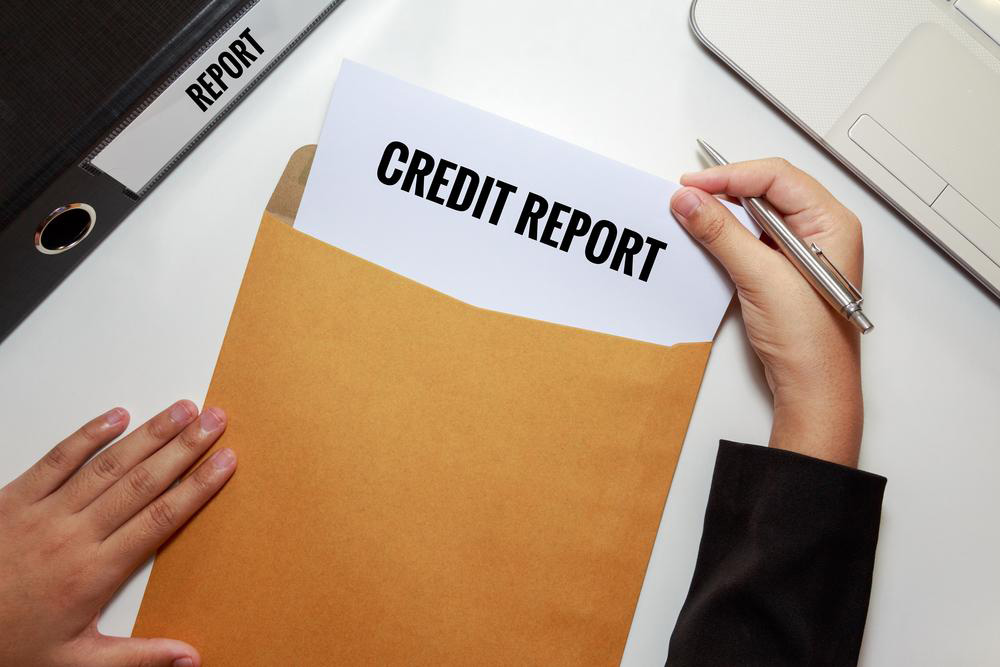Comprehensive Guide to Detecting and Reporting Common Types of Financial and Identity Fraud
This in-depth guide explores common types of financial and identity fraud, including scams like phishing, fake checks, and pyramid schemes. It offers practical advice on how to identify each scam and provides clear instructions for reporting to appropriate authorities such as the FTC, IRS, and postal inspectors. Protecting personal and financial information is critical in today's digital age, and understanding the methods scammers use can help prevent financial loss and identity theft. Learn how to stay vigilant and ensure swift reporting to combat fraud effectively.

Comprehensive Guide to Detecting and Reporting Common Types of Financial and Identity Fraud
Financial fraud and identity theft have become increasingly prevalent in today's digital age. Reports estimate that annual losses from scams and frauds surpass a staggering 4 billion dollars worldwide. As technological innovations offer scammers new ways to exploit unsuspecting victims, understanding how to recognize these scams and knowing where and how to report them are crucial steps toward protecting your personal and financial information. In this comprehensive guide, we delve into the most common types of fraud, how they operate, warning signs to look out for, and detailed instructions for reporting each type effectively.
Understanding Financial Scams
Financial scams are among the most damaging and frequently encountered fraud types. They encompass a variety of schemes designed to trick individuals or organizations into surrendering money or sensitive information. Typical financial frauds include overpayment schemes, phishing attacks, unauthorized bank withdrawals, and fake check scams. Each scam type requires a specific reporting approach to ensure legal action and prevent further victimization.
How to Recognize and Report Financial Scams
Being aware of common financial scams is the first line of defense. Overpayment schemes often involve scam artists sending counterfeit checks and requesting the victim to wire back part of the funds. Phishing attacks typically come via email or SMS, aiming to steal login credentials or banking information. Unauthorized withdrawals are illicit bank transactions initiated without the account holder’s consent, requiring immediate bank notification. Fake cheque scams involve sending counterfeit checks that initially appear legitimate but ultimately bounce, leading to financial loss.
Reporting Financial Fraud
Each type of financial scam has designated authorities for reporting. Fake check incidents should be reported directly to the United States Postal Inspection Service, which investigates postal-related scams. Phishing emails and online scams are best reported to the Federal Trade Commission (FTC) through their official website or dedicated helpline. Unauthorized bank withdrawals should be reported immediately to your banking institution to halt further transactions and initiate fraud claims. Keeping detailed records of the scam communication and transactions will assist authorities in their investigations.
Phone Scam Alerts and How to Handle Them
Besides online scams, phone-based scams remain a significant threat. Scammers use automated calls, fake voicemails, or SMS messages to impersonate legitimate organizations, including government agencies, banks, or tech companies. They often threaten legal action, demand urgent payments, or promise false rewards to manipulate victims. People should be cautious with unsolicited calls, never share personal information over the phone, and report suspected scam calls to the FTC via their website or helpline. Additionally, registering your number with the Do Not Call Registry can reduce the frequency of unwanted telemarketing calls.
Census and Government-Related Scam Alerts
Impersonation scams involving government agencies like the Census Bureau are on the rise. Scammers may pose as official census workers to obtain personal details such as Social Security numbers or bank information, risking identity theft and fraud. These fake visits or correspondence can leave victims vulnerable. It’s vital to verify any contact claiming to be from government agencies by contacting the official offices directly. Suspicious emails or letters should be reported to your state Census Bureau or the respective agency through official channels, ensuring quick action against fraud attempts.
Lottery and Sweepstakes Fraud
Many scam artists prey on the hopes of winning large sums through fake lotteries or sweepstakes. These schemes often require upfront fees or banking details to claim supposed prizes, which are nonexistent. Victims often receive automated calls, emails, or postal notices claiming they've won and urging immediate action. To report such scams, contact postal inspectors for postal-based frauds and the FTC for online or telephonic scams. Never send money or share personal bank details with unverified sources. Remember, legitimate lotteries do not ask winners to pay fees upfront.
Charitable Fraud and How to Protect Yourself
During times of crises, counterfeit charities often emerge, soliciting donations under false pretenses to exploit compassionate donors. Scammers frequently pose as genuine volunteers or disaster relief organizations, especially following natural catastrophes. The key to avoiding charitable fraud is to verify the legitimacy of charities through official directories, such as GuideStar or the Better Business Bureau. Reports of suspicious activities can be submitted to local consumer protection offices, the FTC, or the National Center for Disaster Fraud. Donors should always request receipts and verify the organization’s credentials before making any donations.
Pyramid Schemes and Investment Risks
Pyramid schemes mimic legitimate multi-level marketing but are inherently unsustainable and illegal. These schemes promise high returns for recruiting new members, with profits mainly derived from new recruits rather than genuine product sales. Ultimately, pyramid schemes collapse, causing substantial financial losses for most participants. Recognizing signs of such schemes includes unrealistic income promises, pressure to recruit others, and lack of transparency. Reporting suspected pyramid schemes to the FTC or your state consumer protection authorities can help prevent others from falling victim to these fraudulent operations.
Tax Fraud and Identity Theft Prevention
Tax-related fraud involves false filings, falsified claims, or the misuse of Social Security numbers to commit identity theft. Victims of tax fraud often find unauthorized transactions or fraudulent tax refunds. If you suspect tax-related fraud, it’s crucial to report immediately to the IRS through their dedicated form (Form 14039) to block fraudulent claims. Identity theft victims should notify the IRS promptly, and consider placing a fraud alert or credit freeze to protect against further misuse of their personal information. State tax agencies also handle local tax fraud allegations, ensuring comprehensive protection.
Recognizing the signs of various scams and knowing how to report them is vital in safeguarding your financial well-being. Vigilance, prompt action, and reporting suspicious activities to the right authorities can significantly reduce the impact of fraud—helping protect yourself and others from scams that are becoming increasingly sophisticated and wide-ranging in scope.





